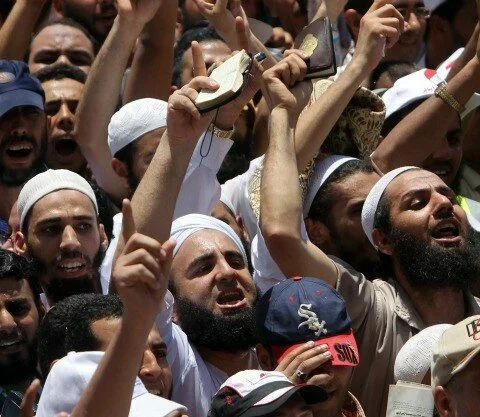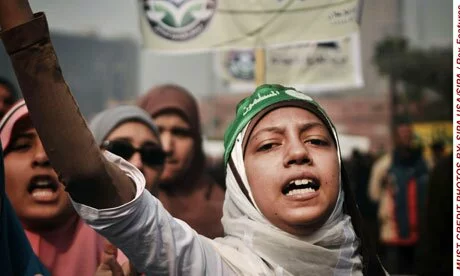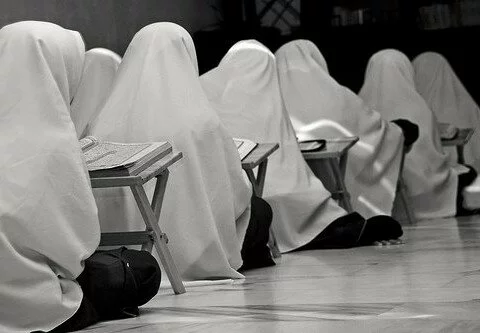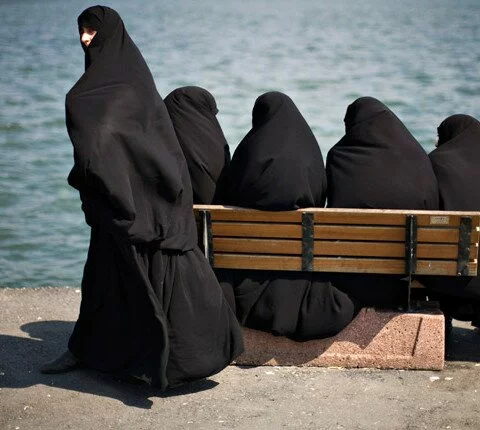Those people who think they know the Islamic world are motivated by its economical philosophy and theoretical analysis, combined with its cosmic sense of its place in the world. All living and nonliving things are sentenced to obey and follow the inviolable laws of the creator of this universe, Allah Almighty.
Islam’s nutshell is defined as the practicing of Allah Almighty’s laws, and then living a life of freedom under them. Islam is the only religion of this world so far which has introduced a socio-political and economic precept. This Islamic Economics symbolizes the status of a human being and their place in the world.
Islam says that no human being in this universe forms any part in their own property. He comes alone in this world at time of birth and they will die only along with their deeds. Wealth, property and all other things will remain here in this world. The real and absolute owner of property and wealth is only Allah Almighty who is the creator of this divine universe. Human beings represent the divine supreme Lord in their property and wealth.
Every human being and individual is responsible for obeying and complying with the laws and rules of Allah Almighty in every fundamental and rational precepts of Islamic economics.
To the extent that property is concerned according to the principles of Islam every person or community is collectively responsible. According to economic law of Islam and Islamic economics everything is abundant and rich in this world. Every human and individual is the epicenter among millions of other species in this world. The concept of Zakat in Islam is broad and dynamic. Zakat in Islam complies with charity.
According to the fundamental philosophical teachings of Islamic Economics, every human being is capable of paying Zakat on his wealth and property. This Zakat, which is a percentage of his or her wealth, and charity are distributed among the poor and needy of society. Zakat is a process which purifies one’s property and wealth from evil thoughts, adversity and jealousy.
According to philosophical precepts of Islamic economics, Zakat regulates the wealth and property in a balanced and smooth way. The word Zakat means purification in Arabic. It purifies the wealth and property from all aspects of greed and curses.
Zakat concept on land helps in eliminating the feudalism that still reigns in some areas. Zakat tries to help mankind to avoid the dearth of food. Study of basic philosophical precepts of Islamic Economy is very clear and simple. Precepts of Islamic Economics balance the disparity of wealth and property. Islam is against the Muslims to be self centered and prescribes centralization of property and wealth. Balance is the key towards happiness and earning of a purified life.






